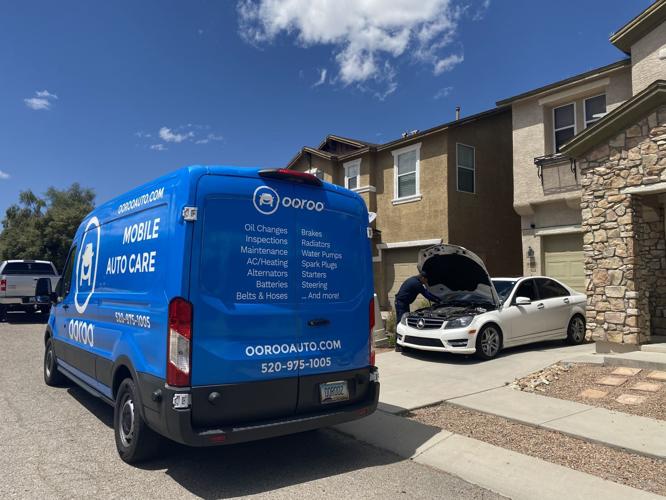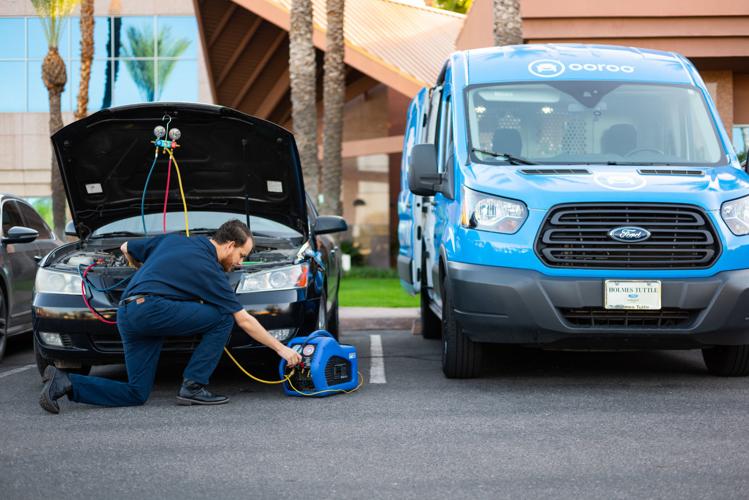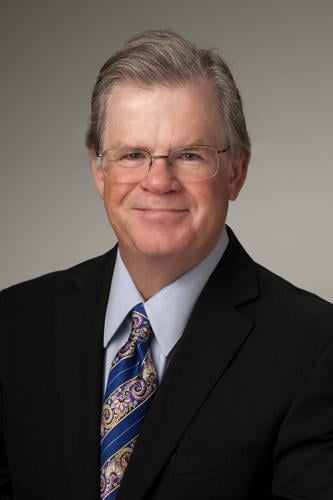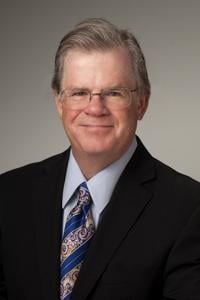A shuttle ride to or from somewhere while your car is being serviced — an activity that happens thousands of times every day in auto shops all over the country. Small talk to pass the time, or maybe just silence. I asked the shuttle driver, Cody, how his shop was doing in the pandemic and lockdown.
He said at first everyone was anxious, anticipating a big downturn in business. And for the first few days that was the case. Within a week though, business started to return. Initially only the morning was busy. Within a month the shop was back to almost full capacity.
Cody said everyone, including himself, was pleased and relieved. Then he said something that caught my attention: “This is the best place I’ve ever worked.”
A young shuttle driver singing the praises of his employer? Naturally, I had to ask why. And that is where the story gets interesting.
Cody said his bosses listen to him. His ideas and opinions matter.
Every morning before opening, employees gather for the huddle. They go over the mundane — equipment issues, workload for the day, questions or problems with a job. The huddle also gives voice to anyone. If there is something on someone’s mind, they can freely and without recrimination talk about it.
This is a story about Ooroo Auto, an Oro Valley business that differentiates itself in a sustainable and advantageous way, in an industry dominated by commodity companies.
Ooroo Auto is the brainchild of Jeff Artzi, its founder and CEO, and he is building the company on a simple principle: culture matters. As he said, “What a business does is simple — they repair cars. How they do it is also pretty straightforward — with parts and expertise. The question that differentiates the business is harder to answer — why they do it.”
When talking about his business, the question of why is when Artzi’s passion and commitment really comes to the fore. For Artzi, and everyone at Ooroo, it’s all about why. Why do they come to work? Why do they build a business?
Their answer is simple: to take care of people, and to build a team and culture based on that principle.
“It’s about relationships, not transactions. It’s about people, not parts,” Artzi says.
Ooroo builds its business from the inside out. The hiring process is lengthy. Three-plus interviews, background checks, behavioral assessments, and a 90-day introduction period. Becoming a permanent hire is more the team’s decision than it is management’s decision.
Is this individual an Ooroo person? Do they have the values that separate us from the competition? Culture is a very sensitive ecosystem. One bad hire is like throwing mud into a pool of clear water.
Ooroo Auto represents the kind of business that is the foundation of Tucson’s economy. It is locally owned and it is growing. Over the next five years, you will find Ooroo locations across Tucson and the Southwest.
The business model is also more than just you going to their shop. Ooroo brings the shop to you with a mobile van, equipped with parts and really smart people. Corporate clients invite the van to their parking lot to service employees’ cars. For people locked down at home, the van comes to you. Peace of mind in different times.
The vans also feed the entrepreneurial ecosystem. Artzi will franchise some of the mobile vans, enabling people to become owners, much as he did six years ago when he founded Ooroo.
As we were wrapping up our conversation, Artzi cited Herb Kelleher, chairman of Southwest Airlines. “Culture is what people do when no one is looking.”
This is the essence of the growth plan for Ooroo Auto — growth via culture and consistency. If you begin with the culture, you deliver an outstanding customer experience. Great experiences build loyalty, which delivers referrals, repeat business and growth.







